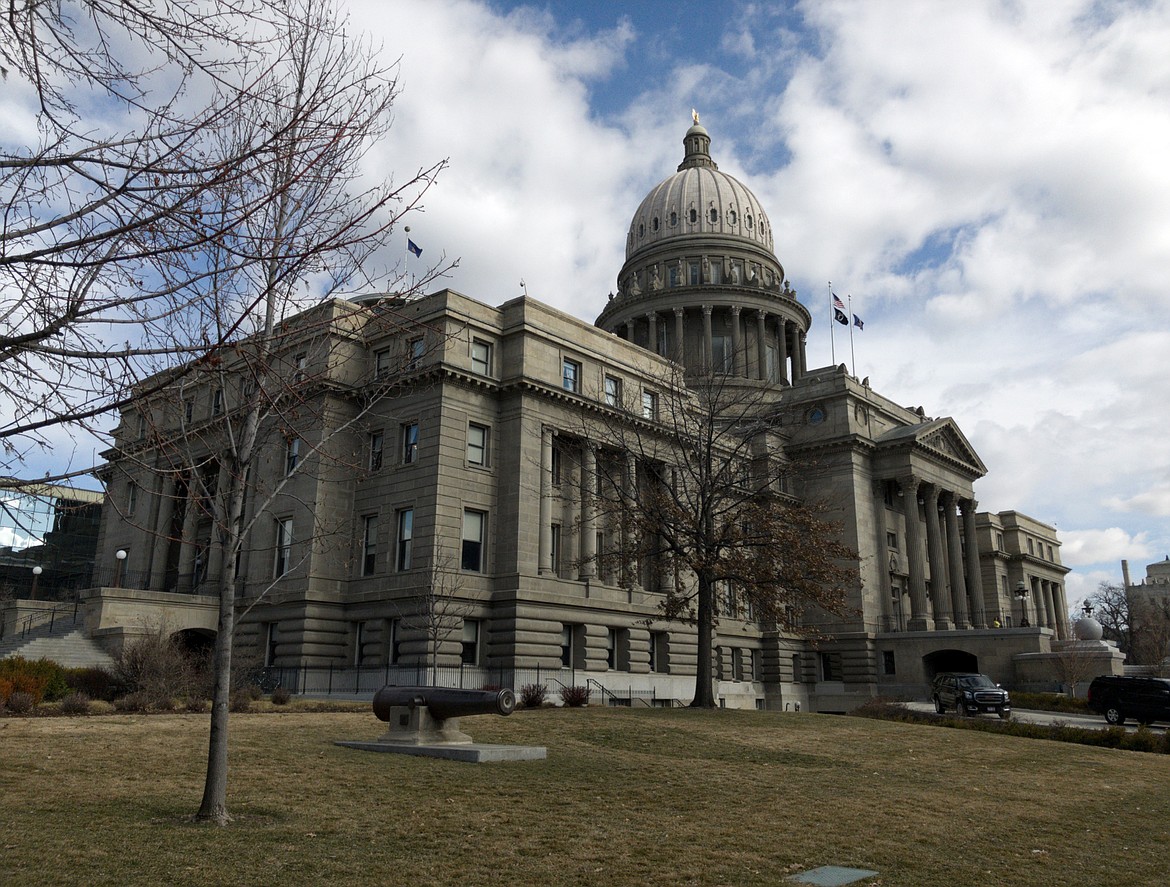Resolution to lift limits on gatherings passes Idaho House
BOISE (AP) — Legislation to end coronavirus restrictions limiting private and public gatherings to 10 people or fewer passed the House on Monday and is headed to the Senate.
But the legislation faces legal and constitutional questions.
The House cleared the two-thirds requirement with a 55-15 vote to approve a concurrent resolution aimed specifically at a Dec. 30 health order by Republican Gov. Brad Little and the Idaho Department of Health and Welfare.
The concurrent resolution would also have to clear the two-thirds majority in the Senate. It doesn't require a governor's signature.
The 10-person health order doesn't apply to religious or political gatherings.
Notably, the resolution doesn't mention Little's Dec. 31 coronavirus emergency declaration, which is essentially a renewal of a coronavirus emergency declaration he first issued in March.
But backers of the concurrent resolution said they want to remove a portion of Little's emergency declaration on gathering limits but leave the declaration in place.
Emergency declarations are separate from health orders, each contained in separate areas of Idaho statutes. Also, concurrent resolutions as passed by the House are specific to emergency declarations, not health orders.
Little's spokeswoman, Marissa Morrison, in a text said the governor's office had no comment on the concurrent resolution.
It's also not clear if a concurrent resolution can cut out a portion of an emergency order without eliminating the order in its entirety. State officials have said ending the coronavirus emergency declaration could end millions of dollars in federal aid to fight the virus and distribute vaccines.
Republican Rep. Laurie Lickley specifically asked resolution sponsors whether the concurrent resolution targeted Little's emergency declaration or the health order.
There appeared to be some confusion among lawmakers about the difference between an emergency declaration and a health order. Republican House Speaker Scott Bedke invited lawmakers, after the vote, to an afternoon meeting to learn about them. Bedke voted in favor of the resolution.
The resolution is among about a dozen pieces of legislation to curb the governor's authority by lawmakers angered by coronavirus restrictions. Some of legislation is aimed at immediately ending Little's coronavirus emergency declaration, some version of which which has been in effect since March, despite warnings the state could lose millions of dollars in federal aid that is being used to fight the virus and will also help with vaccinations.
Monday's vote followed a speech by Little on Friday in which he ripped state lawmakers for jeopardizing efforts to fight the virus and called on residents to contact their senators and representatives.
In Monday's debate on the House floor, Republican Rep. Brent Crane urged lawmakers to support the resolution.
"I think one of the casualties of COVID has been common sense," he said, noting under current restrictions grocery stores and churches can be packed but there are limits on school gatherings.
Republican Rep. Fred Wood, a retired physician, voted against the resolution, noting limiting gatherings did prevent the spread of disease.
"To eliminate that tool completely, I think, is inappropriate," he said.
Lawmakers in favor of the resolution generally said they preferred to let people decide for themselves whether they wanted to take the risk of gathering in large groups or not.
"To think that we are not capable of making decisions for ourselves is actually a little bit frustrating," said Republican Rep. Barbara Ehardt. "I'd like to think that I'm a responsible adult."
Republican Rep. Rod Furniss, who like Ehardt said he puts on a mask in businesses that require it, also said going to gatherings should be a personal choice.
"If we're vulnerable, we shouldn't go," he said.
State officials say nearly 160,000 Idaho residents have been sickened by the virus, and that about 1,600 have died.

